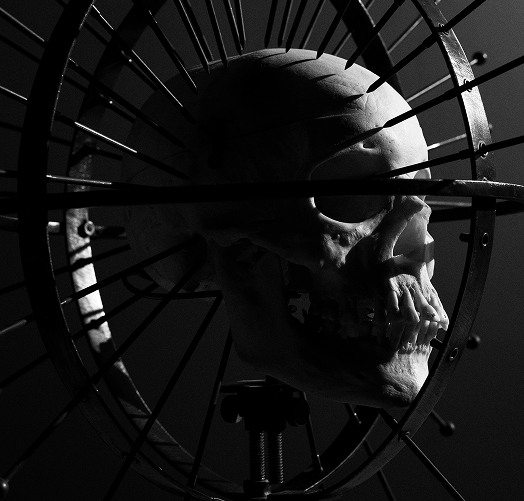146 Videos









Deschamps-Braly Clinic: where transformation becomes truth
From the renowned Deschamps-Braly Clinic comes Seeing Her™, a moving original docuseries that follows the journeys of transgender advocates receiving life-changing, gender-affirming facial surgery through the clinic’s Pay It Forward program.
